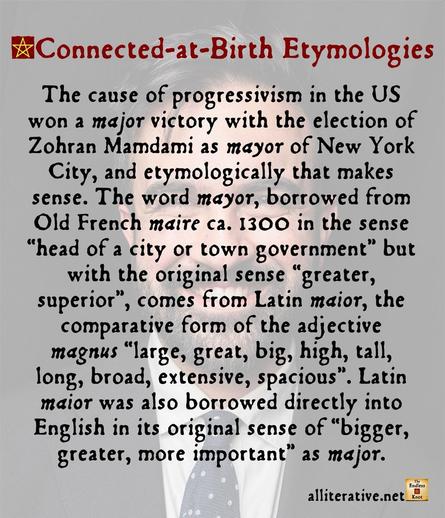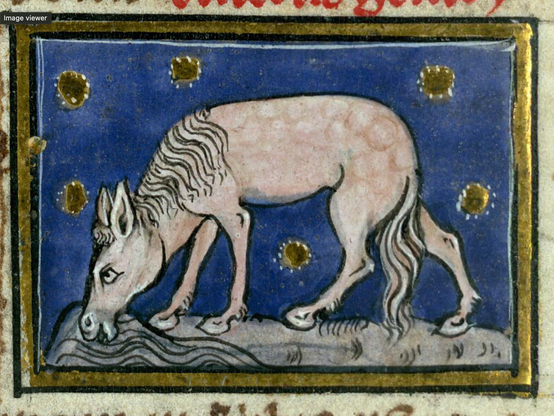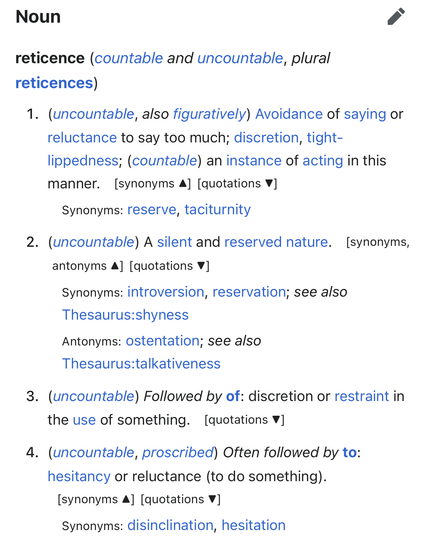"Manipulate" turns out to be a very interesting word. Based on what I've read in a few dictionaries, it relates to "maniple", which can mean "a handful", but also a division of (ancient) Roman soldiers numbering 60 (not including the officers, which is apparently important because it's always mentioned). The "handful" sense relates to an old pharmacist's measuring unit (manipule); it can also mean "sheaf" or "bundle". The sense of "skillful use of the hands" may have arisen by 1826, followed in 1828 by the sense of "skillfully handling other people" (according to the online etymology dictionary, anyway; Oxford English Dictionary has different dates and timelines so I am not sure). The -pule part derives from a Proto-Indo-European root meaning "to fill", and relates to words like "poly" and "plus", but also "complete" or "deplete". It seems it might have roots in a technique for gathering ore, and seems to also have been used to describe chemists handling their various gizmos.
I'm gathering it's not clear how direct the relationship with words like "populate" is, since there are old words meaning "people" that may or may not have different origins; or "stipulate", which may or may not relate to the Latin word "stipule" meaning "stalk" (though sheaves have stalks!).
I don't know where any of this leaves my half-asleep thought, unfortunately, aside from a handful of new connections.
#WordOfTheDay #WOTD #manipulate #words #etymology






